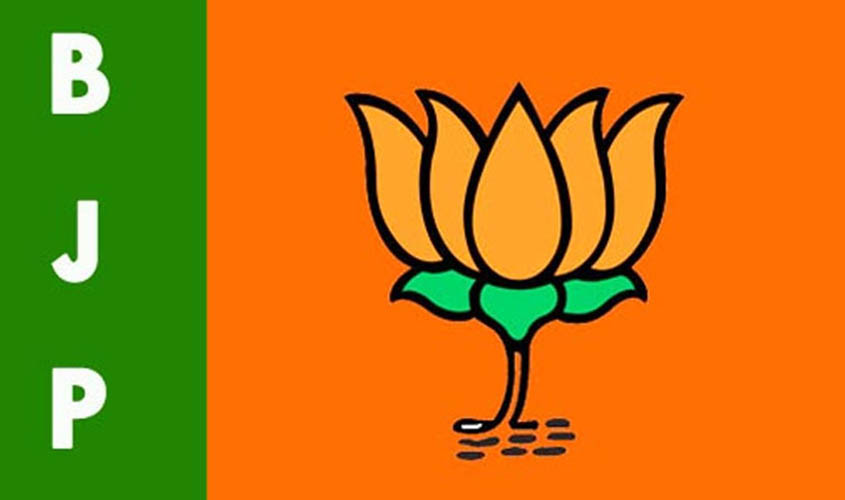The Central government, while implementing its decision to reduce the status of Jammu and Kashmir from a full-fledged state to a Union Territory, made sure that it was accorded so on Sardar Vallabhbhai Patel’s birth anniversary. The reason for choosing 31 October was that the country’s first Home Minister and Deputy Prime Minister was opposed to granting any special status to J&K, and since that had happened, it was on account of a “grave error and miscalculation” made by Prime Minister Jawaharlal Nehru. If Patel had a say in this matter, Jammu and Kashmir would have been at par with other regions.
Patel was undoubtedly amongst the acclaimed leaders who headed our freedom struggle and his contribution of unifying India was the high point of his illustrious career. He died within a little over three years after Independence and if he had not passed away so early on, he could have accomplished many more goals. Patel belonged to the Congress and thus could not endorse many of the activities of the Rashtriya Swayamsevak Sangh. In fact, after the assassination of Mahatma Gandhi, for a short span, he banned the organisation.
Therefore, when the BJP lauds Patel, it is obvious that it is doing so to put down Nehru. It wants to appropriate his legacy by showcasing Patel to be a taller leader than his equally distinguished colleague. Nehru and Patel definitely had their differences, yet they worked harmoniously. All top leaders of that era reposed regard for each other, striving for a common objective.
The question that arises is: why is the BJP deliberately choosing to ignore the two co-founders of the Bharatiya Jana Sangh—Shyama Prasad Mukherjee and Balraj Madhok—who had defined vision on Kashmir? Mukherjee died for the Kashmir cause, and Madhok had a complete thesis on the state underlining the demand for the abrogation of Article 370. Madhok’s doctrine has been the basis of the BJP’s commitment to repeal the controversial Article, even though he had parted company with the Jana Sangh, following his acute differences with Atal Bihari Vajpayee, Nanaji Deshmukh and Lal Krishna Advani.
In the past as well, BJP leaders looked towards the Congress for providing them with inspiration. Vajpayee always liked to be compared with Nehru whom he acknowledged as his mentor. He had cordial relations with the RSS, but for him Nehru was an ideal politician, who helped in grooming young Opposition leaders so as to strengthen the democratic roots of this country. He would lock horns with his own partymen when they were critical of him. The case in point was his clash with Mouli Chandra Sharma, Jana Sangh president, who subsequently left the organisation. On one occasion, when Vajpayee rebuked Madhok for his anti-Nehru utterances in the Central Hall, Acharya Kriplani, who was present there, had to intervene. Kriplani told Madhok that he should not get discouraged by Vajpayee’s strong views regarding Nehru since he shared a deep proximity with him.
Advani too, when he came out of Vajpayee’s shadow, following his historic Rath Yatra from Somnath to Ayodhya, thought himself as akin to Sardar Patel. He fancied being described as the Louha Purush, a title that was synonymous with the former Home Minister. His identification with Patel was aimed at highlighting his differences with Vajpayee in his standpoint to critical matters. This worked out well for some time, till Advani visited the mausoleum of Mohammad Ali Jinnah in Pakistan, destroying himself by committing political hara-kiri.
What the baffling point here is, Prime Minister Narendra Modi does not require any props to elevate himself. He is in a political class of his own, and it is unnecessary for him to be compared with either Patel or any other leader of the past. He has emerged to be a mass leader in his own right and is a brand in himself. Therefore, it is understandable if he invokes Patel’s name out of reverence, which most citizens do as well. However, this is not going to make any material difference to the current political scenario, where the Congress is virtually in no position to pose any kind of formidable challenge.
The Sangh Parivar believes that there were numerous leaders, who never received their rightful due, following Independence. Netaji Subhas Chandra Bose, Bhagat Singh, Chandrashekhar Azad and Udham Singh were the unsung heroes because the Congress monopolised the limelight. The Sangh regards Veer Savarkar as the most iconic personality of his times, who in an unparalleled way influenced the Hindutva ideology. It would be in the fitness of things if Savarkar is honoured by the present government, which should stop playing politics by showcasing yesteryear leaders in a dim light, due to the fact that it has serious differences with their philosophy. Every era has its own history and players.
After the liberation of Bangladesh, Indira Gandhi was likened to Goddess Durga by Vajpayee. To most people, she unquestionably was the greatest mass leader of the last century. The current set of leaders should also think of leaving their imprint on time through their work. It is well known that varied ideologies prevailed at different times in history. The major part of the 20th century witnessed the rise of left-wing politics spiralling into a downward journey in the 1990s.
The 21st century has seen the domination of the right leaning parties. Modi is viewed by his supporters as an ultra-nationalist. History will record his role. Between us.

